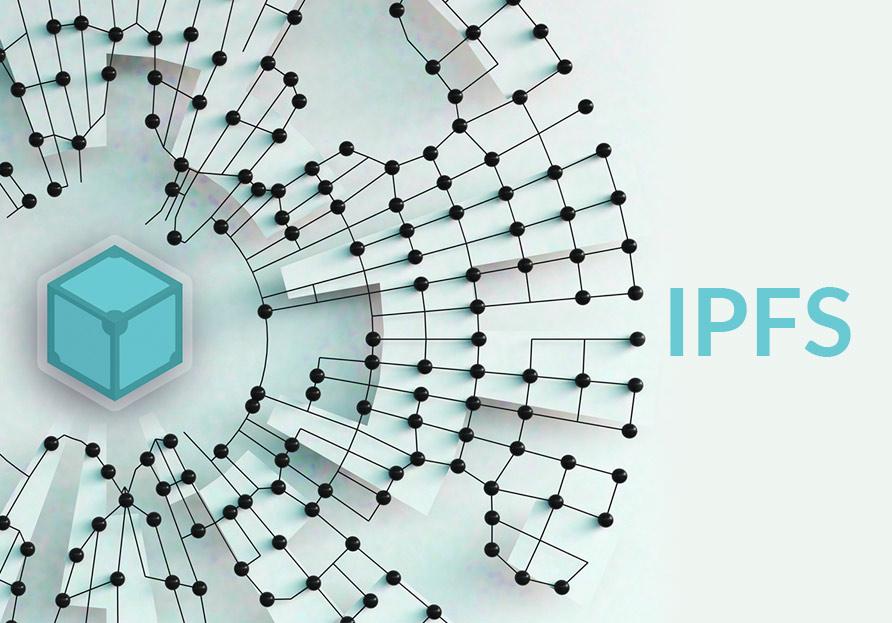In its quest to continue leading the digital transformation of communications and transactions between companies and customers within the blockchain ecosystem, the MailComms Technology team has created its own IPFS network to securely store its customers’ files. IPFS or InterPlanetary File System, also known as Interplanetary File System, allows storing in a distributed network all kinds of information and documents quickly and securely with P2P technology, creating multiple copies of these documents in the different nodes that make up the network.
If there is one thing IPFS is known for, it is for being a decentralized file system. However, the IPFS network implemented by MailComms is private, which ensures greater security for its customers when storing their documents. Let’s take an example. Let’s imagine that an insurer using CertySign, MailComms’ platform for online communication and contracting processes certified with blockchain technology, wants to make use of this private IPFS network to store its signed policies. MailComms, in addition to attesting to the process as a Trusted Third Party, would safeguard these signed documents and share them only with the insurer and the client or signatory.
In addition to the security of this private IPFS network created by MailComms, this technology adds an extra layer of value. InterPlanetary File System uses file system encryption technologies and guarantees the safeguarding of information distributed worldwide. The Interplanetary File System has a hash encryption mechanism for greater security of the information shared between nodes. This ensures that the content is protected against any type of manipulation.
Knowing the security guarantee offered by this MailComms private network, it is useful to know what advantage this technology has in terms of storage capacity compared to traditional systems. IPFS is much faster at processing and storing any number of files that a company has. In addition, the fact that each node stores files associated with a hash avoids duplication of shared content on the network, something that does end up happening in the servers of many companies. A person does not need to know on which computer the file is located, as it is the system that is responsible for retrieving the file.
MailComms highlights the need to implement this type of custody in a new digital ecosystem driven by decentralized solutions. An example of this is blockchain and one of its main applications, Smart Contracts.
Smart Contracts
which the Group is also working on and which are being promoted by major platforms such as Ethereum. A reflection of the influence of this type of technology is the increase in the number of companies using IPFS as a storage system for their files, large corporations such as Banco Santander, Kodak or Netflix.
MailComms works to improve transactions for companies that want to be at the forefront of digital transformation. From the Group, the next step is already announced, working on identity, one of the key points and advantages of blockchain technology, which allows customers to manage their personal data. “Blockchain and IPFS is the way forward for companies. Its advantages are clear: security and transparency, accessibility, cost savings and error reduction,” points out Javier Echebarría, CEO of MailTecK & Customer Comms.

